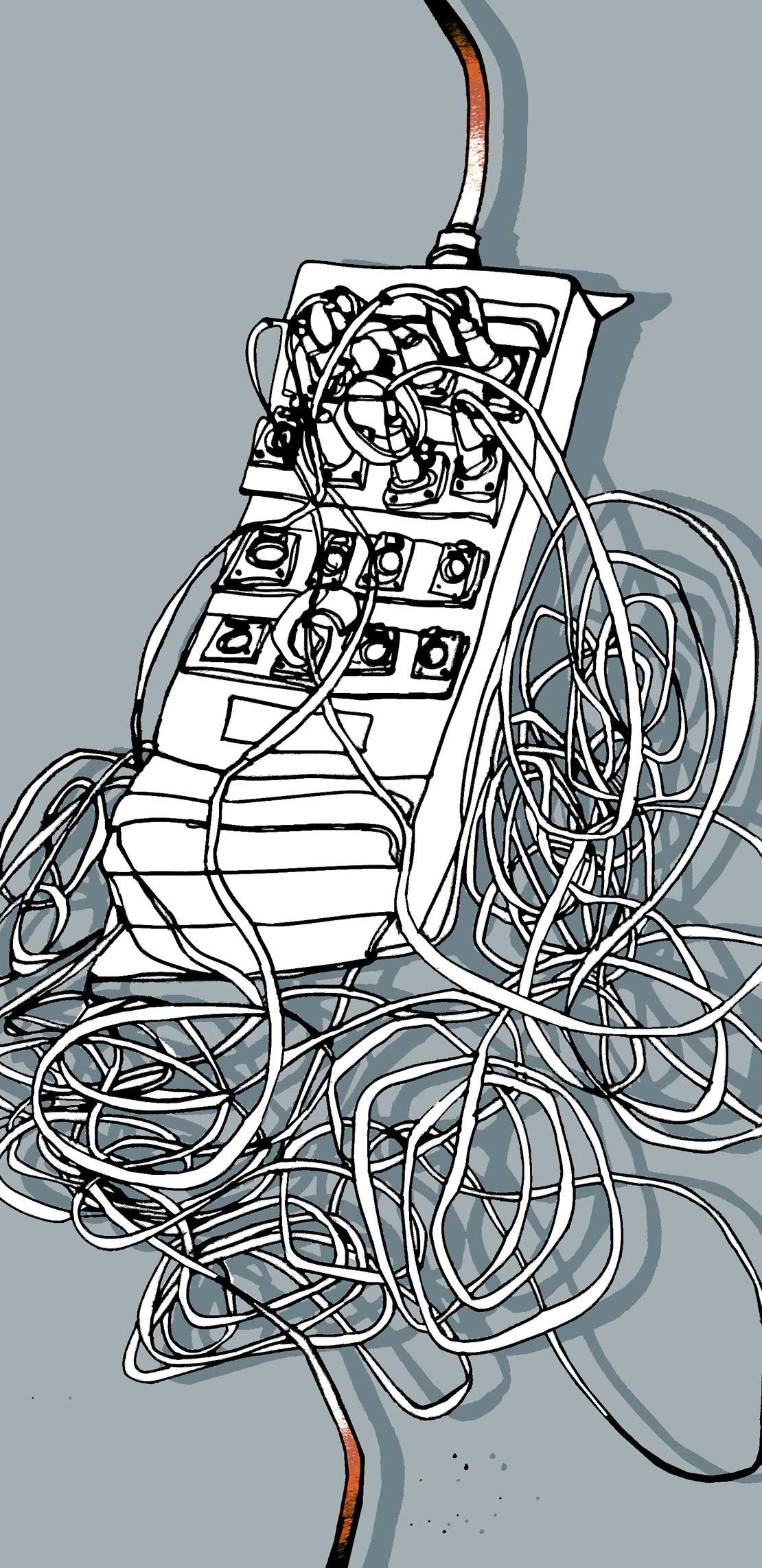The Small Faces are criminally overlooked here in the United States. "To most people over here we had just one song, 'Itchycoo Park,'" keyboardist Ian McLagan told me recently. In fact, the band had a string of chart-toppers in the UK, not to mention one of the best songwriting and production partnerships in rock history with Steve Marriott and Ronnie Lane. They were recently inducted into the Rock and Roll Hall of Fame and, from the scant audio and visual evidence we have (the documentary All Or Nothing 1965-1968 from 2010 is a must-own for any fan of the band), only The Who rivaled the band's live act during the mid-60's UK R&B boom.
There have been numerous reissues of varying quality over the years, but surviving members McLagan and drummer Kenney Jones have put things right (Steve Marriott passed away in a house fire in 1991 and Ronnie Lane of complications related to MS in 1997). In May, the band released deluxe versions of its four core albums, including triple-CD and 180 gram LP versions of the classic Ogden's Nut Gone Flake. The releases from Universal (who own the rights to the band's early work) and Charly Records (who bought Andrew Loog Oldham's Immediate Records) include the band's direct involvement for the first time. "They're from the original tapes this time," Jones told me. "I know that's been claimed before, but it was never true. And we were never really involved in previous reissues, certainly not like we are now. We searched everywhere, all over the world. We found some great outtakes. Real gems. I think fans will be really pleased and feel as though we've given them their money's worth."
Jones is right. I discovered the Small Faces, along with The Jam and The Who, when I joined my first band in the late-'70s as a young teen. I've since bought countless versions of both the original albums and various compilations over the years. Most have sounded terrible, but these reissues sound fantastic and include all of the rare versions and mixes avid collectors have spent countless hours scouring used record stores and eBay for over the years. Happily this also includes outtakes, early versions, and alternate mixes.
Listening to the albums, Small Faces from 1966 (the band's first proper Decca album), From the Beginning (a 1967 compilation of the band's earliest tracks from Decca), Small Faces (the band's first Immediate release from 1967, confusingly sharing the title of the previous Decca album) and Ogden's Nut Gone Flake from 1968, I'm struck by the sheer presence of the recordings. The mono mixes especially (and not surprisingly) jump out of the speakers, with shocking performances, not simply for the fact that the band were barely out of their teens but because the songs are just so good. In fact, new fans not familiar with the depth of the Small Faces catalog will likely mistake B-sides, which the band barely had enough time to track, as hits. "We'd spend most of a three-hour session on the A-side," McLagan explained. "Sometimes we'd have just about enough time to play another song before we'd have to leave for a gig somewhere that night. We never had a night off. We'd just put any old thing down." But over the years many of those songs have become classics, with "throwaways" like "I'm Only Dreaming" standing shoulder-to-shoulder with goose-bump inducing A-sides like "Tin Soldier" and "All or Nothing."
The ground the band covered over the course of its initial four-year existence is also astonishing. Between 1965 and 1968 the Small Faces went from a white soul, rave-up pub band doing standard covers to one of the most powerful live bands in the UK. They could follow The Who [onstage] and still come out on top, with great songs and production that pushed both the boundaries of form and technology in a way that only The Beatles and Hendrix have matched.
But the real treat is the heavyweight three-CD expanded set, as well as the vinyl version of the mono mix of Ogden's Nut Gone Flake. Side One of the vinyl includes the barn-burners "Afterglow (Of Your Love)" and "Song of a Baker," as well as the great dancehall pastiche "Lazy Sunday." Side Two's concept segment is a wild and fantastic tale about Happiness Stan's search for the missing half of the moon, narrated by the late Stanley Unwin. It holds up amazingly well, mostly as a result of the magical combination of great songwriting, powerful musicianship and fantastic production that the Small Faces had hit upon by the time of its making in 1968. "We had fun," McLagan remembered of the time. "I never laughed so hard as I did with those guys. But we worked damn hard too."
"Stevie and Ronnie - and [engineer] Glyn Johns - usually knew what they wanted," Jones adds. "But we tried and tried and tried things. Being on Immediate meant we had almost unlimited time in the studio. It was a great time; very positive, very productive. Great songs, a great band and great friends. What more can you ask for as a musician?"
The proof is now there for all to hear on these wonderful-sounding remasters. Fans old and new can reportedly look forward to a five-CD box set this fall as well, which is said to have no overlap with the current reissues and will feature many never heard before cuts. Nice. -Jeff Slate
www.thesmallfaces.co.uk, www.macspages.com, kenneyjones.com, www.jeffslate.net
See also Phill Brown's book, Are We Still Rolling?, for a wonderful chapter on the making of Ogden's Nut Gone Flake.




_disp_horizontal_bw.jpg)